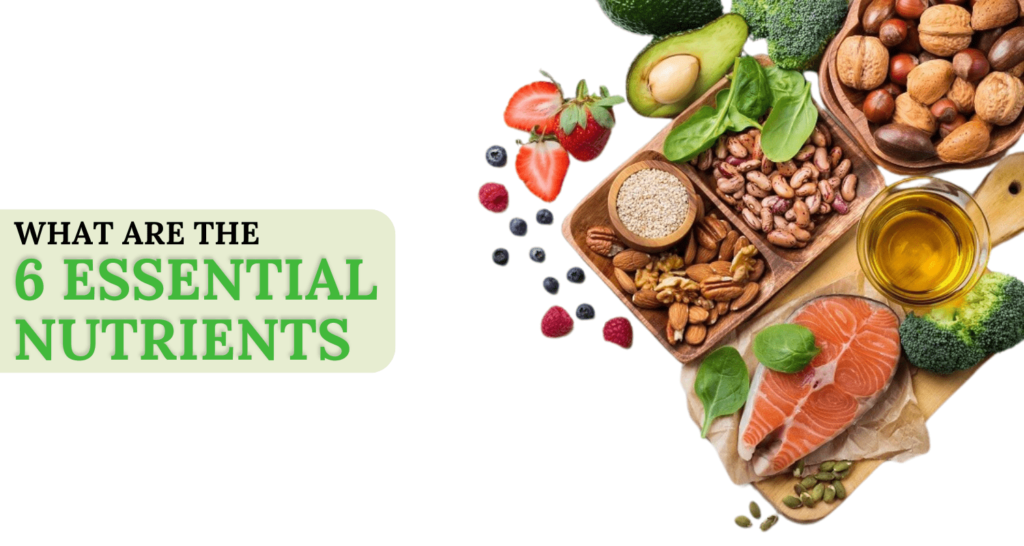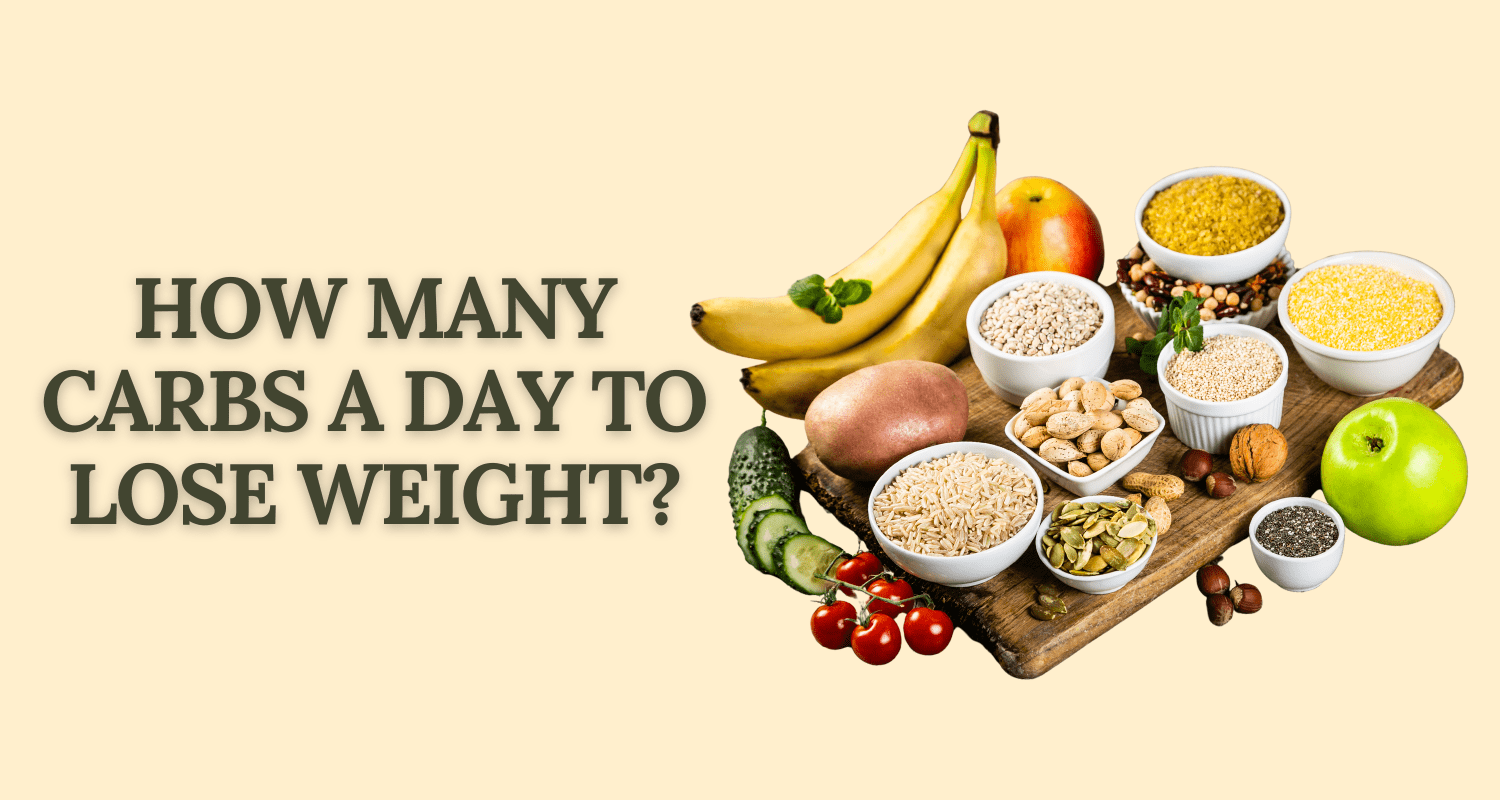Did you know that the human body requires six essential nutrients for optimal health?
But, what are the 6 essential nutrients?
These nutrients are vital for disease prevention, growth, and overall well-being.
Without them, our bodies would not be able to function properly.
In this article, we will explore what are the 6 essential nutrients that your body needs daily and why they are so important for maintaining a healthy diet and daily nutrition.
Let’s dive into what are the 6 essential nutrients.
Key Takeaways:
- The human body requires six essential nutrients for optimal health.
- It is essential to better understand what are the 6 essential nutrients for understanding the vital role of these in disease prevention, growth, and overall well-being.
- The six essential nutrients can be divided into two categories: macronutrients and micronutrients.
- Macronutrients include proteins, carbohydrates, and fats, while micronutrients include vitamins and minerals.
- Water, although not a nutrient, is also crucial for hydration and overall health.
Protein
Protein is an essential nutrient that plays a crucial role in the growth, maintenance, and repair of cells in the body.
It is composed of amino acids, some of which are essential and cannot be produced by the body.
Including adequate protein in your diet is important for ensuring optimal health and overall well-being.
There are various sources of protein that you can incorporate into your meals.
Good sources of protein include:
- Meat: such as chicken, beef, and pork.
- Fish: like salmon, tuna, and trout.
- Eggs: a versatile and affordable source of protein.
- Beans: including kidney beans, black beans, and chickpeas.
- Nuts: such as almonds, walnuts, and peanuts.
- Soy: including tofu, tempeh, and edamame.
When it comes to protein intake, the amount needed varies depending on factors like age, sex, and activity level.
In general, it is recommended to consume about 0.8 grams of protein per kilogram of body weight.
However, athletes and individuals who engage in regular intense physical activity may require higher protein intake to support muscle recovery and growth.
It is worth noting that some sources of protein provide all the essential amino acids, making them complete proteins.
These include animal-based protein sources like meat, fish, eggs, and dairy products.
Plant-based protein sources like beans, nuts, and soy can also be combined strategically to ensure a complete protein intake.
Incorporating protein-rich foods into your meals can help you meet your daily protein requirements and support your body’s functions.
Whether you choose animal or plant-based protein sources, including a variety of protein-rich foods in your diet is essential for maintaining a balanced and nourishing eating pattern.
Carbohydrates
Carbohydrates are the body’s primary source of energy, providing fuel for daily activities and exercise.
They are one of the six essential nutrients required for optimal health and well-being.
Carbohydrates can be classified into two types: complex carbohydrates and simple carbohydrates.
Complex carbohydrates are found in foods such as whole grains, legumes, and certain vegetables.
These carbohydrates contain longer chains of sugar molecules, which take longer to digest and provide sustained energy.
They are also rich in dietary fiber, which aids in digestion and promotes feelings of fullness.
Examples of complex carbohydrates include whole wheat bread, brown rice, quinoa, and sweet potatoes.
On the other hand, simple carbohydrates are made up of shorter chains of sugar molecules and are found in foods like fruits, refined grains, and sugary snacks.
These carbohydrates are digested quickly, resulting in a rapid increase in blood sugar levels and providing quick energy.
However, they lack the essential nutrients and dietary fiber found in complex carbohydrates and should be consumed in moderation.
Examples of simple carbohydrates include table sugar, candy, soda, and white bread.
Sources of carbohydrates can vary widely, and it is important to choose nutrient-dense options that provide additional benefits besides energy.
Incorporating a variety of whole grains, legumes, fruits, and vegetables into your diet ensures a diverse range of carbohydrates that provide essential vitamins, minerals, and fiber.
The recommended daily intake of carbohydrates depends on several factors, including age, gender, and activity level.
As a general guideline, the American Academy of Nutrition and Dietetics suggests that carbohydrates should make up around 45-65% of daily caloric intake.
However, it is always essential to consult with a healthcare professional or registered dietitian to determine the specific carbohydrate needs based on individual factors.
Fats
Fats are often misunderstood but are essential for the body’s functioning.
They provide energy, help absorb vitamins, support brain function, and maintain healthy skin.
When it comes to fats, it’s important to distinguish between healthy fats and unhealthy ones.
Saturated Fats
Saturated fats, found in animal products like red meat, butter, and full-fat dairy, should be limited in your diet.
Consuming high amounts of saturated fats can increase levels of LDL cholesterol, which is associated with an increased risk of heart disease.
Unsaturated Fats
On the other hand, unsaturated fats are considered healthy fats.
They can be further divided into two categories: monounsaturated fats and polyunsaturated fats.
- Monounsaturated fats: These fats are found in foods like olive oil, avocados, and nuts. Including monounsaturated fats in your diet can help lower LDL cholesterol levels and reduce the risk of heart disease.
- Polyunsaturated fats: Foods rich in polyunsaturated fats include fatty fish (such as salmon and trout), walnuts, flaxseeds, and soybean oil. These fats are also beneficial for heart health and can help decrease inflammation in the body.
Sources of Healthy Fats
To incorporate healthy fats into your diet, consider including the following sources:
- Nuts and seeds: Almonds, walnuts, chia seeds, and flaxseeds are excellent sources of healthy fats.
- Fatty fish: Salmon, mackerel, and sardines are rich in omega-3 fatty acids, which have numerous health benefits.
- Avocado: Avocado is a versatile fruit that contains monounsaturated fats and offers various health benefits.
- Olive oil: Extra virgin olive oil is a staple in Mediterranean cuisine and provides monounsaturated fats.
Remember, while fats are essential, moderation is key.
The recommended daily fat intake should be within the range specified by dietary guidelines, with a focus on incorporating sources of healthy fats into your meals.
Vitamins and Minerals
Vitamins and minerals are micronutrients that play crucial roles in maintaining overall health and supporting various bodily functions.
There are 13 essential vitamins, including vitamin A, vitamin C, and vitamin D, as well as various minerals like calcium, iron, and zinc, among others.
These micronutrients are necessary for proper growth, development, immune function, and energy production.
In order to obtain vitamins and minerals, it is important to include a variety of nutrient-rich foods in your diet.
Fruits and vegetables are excellent sources of vitamins, including vitamin C, vitamin K, and various B vitamins.
Whole grains, such as brown rice and whole wheat bread, are rich in minerals like magnesium and selenium.
Lean meats, such as chicken and turkey, provide important minerals like iron and zinc.
Dairy products like milk, yogurt, and cheese are great sources of calcium and vitamin D.
For those following a vegetarian or vegan diet, plant-based sources of vitamins and minerals include legumes, nuts, seeds, and fortified plant-based milk alternatives.
Sources of Vitamins and Minerals
- For vitamin A, consider adding sources such as carrots, sweet potatoes, and spinach to your diet.
- Citrus fruits like oranges and strawberries are rich in vitamin C.
- To increase vitamin D intake, include sources like fatty fish (salmon, mackerel) and fortified dairy products.
- Leafy green vegetables like kale and broccoli provide essential nutrients such as vitamin K and calcium.
- Iron-rich foods include lean meats, beans, lentils, and leafy greens like spinach.
- Calcium can be obtained from dairy products, fortified plant-based milk alternatives, and leafy greens.
- Include sources such as nuts, seeds, and whole grains to enhance your intake of vital minerals like magnesium and zinc.
The recommended daily intake of vitamins and minerals may vary based on factors such as age, gender, and specific health conditions.
It is important to consult with a healthcare professional or registered dietitian to determine your individual nutrient needs and ensure you meet the recommended daily intake for optimal health.
Conclusion
Consuming a balanced diet that includes the six essential nutrients is crucial for achieving optimal health and overall well-being.
These nutrients provide the body with the necessary energy to perform daily activities, support the growth and repair of cells, and regulate important bodily functions.
To ensure an adequate intake of these essential nutrients, it is important to have a varied diet that includes a wide range of fruits, vegetables, whole grains, lean proteins, and healthy fats.
By maintaining a balanced diet, you can provide your body with the daily nutrition it needs to function at its best.
Essential nutrients, such as protein, carbohydrates, fats, vitamins, and minerals, play a vital role in ensuring overall health and supporting various bodily processes.
Including these nutrients in your diet can help promote optimal health and prevent the risk of chronic diseases.
However, it is important to note that individual nutrient needs may vary based on factors such as age, gender, activity level, and specific health conditions.
To determine your specific nutrient requirements, it is recommended to consult with a healthcare professional or registered dietitian who can provide personalized guidance tailored to your needs for a better understanding of what are the 6 essential nutrients.
They can help you create a well-balanced diet plan that meets your daily nutritional needs and supports your overall well-being.
FAQs
What are the 6 essential nutrients your body needs daily?
The six essential nutrients are carbohydrates, proteins, fats, vitamins, minerals, and water.
What is an essential nutrient?
An essential nutrient is a substance that the body cannot produce enough of on its own and must be obtained from the diet to maintain health.
What are the 7 sources of nutrients?
The seven sources of nutrients are fruits, vegetables, grains, protein foods, dairy, oils, and fats.
What are the 6 food groups?
The six food groups are grains, fruits, vegetables, protein foods, dairy, and oils/fats.
Which nutrients are essential for the human body?
Essential nutrients for the human body include carbohydrates, proteins, fats, vitamins, minerals, and water.
What are the 2 main types of nutrition?
The two main types of nutrition are autotrophic nutrition, where organisms produce their own food, and heterotrophic nutrition, where organisms consume other organisms for food.
Why are essential nutrients?
Essential nutrients are vital for various bodily functions, such as energy production, tissue repair, immune function, and overall health maintenance. They are necessary for survival and well-being.
Disclaimer: This content, including advice, provides generic information only. It is not a substitute for a qualified medical opinion. Always consult a specialist or your doctor for more information. Nutrition Cult does not claim responsibility for this information.




